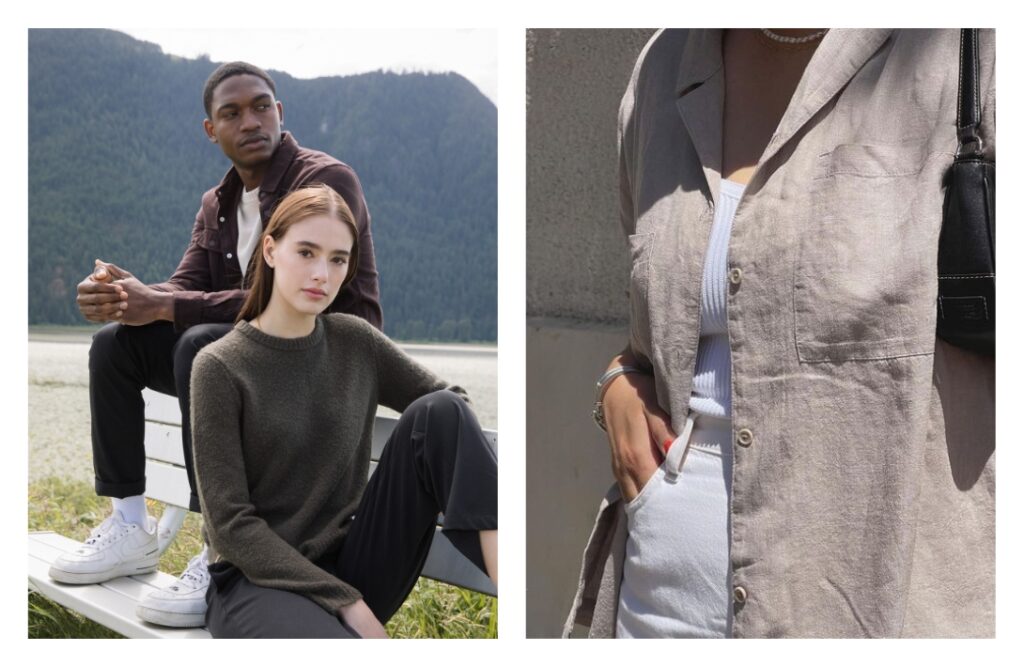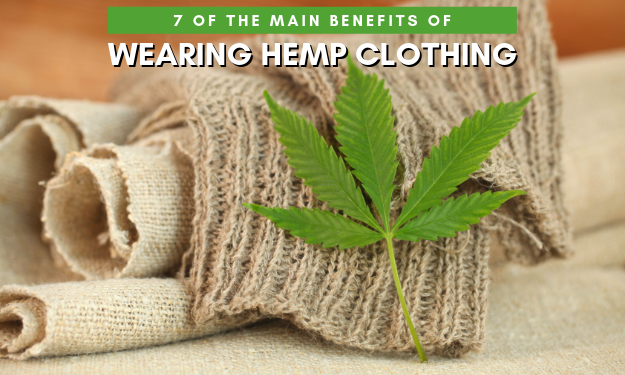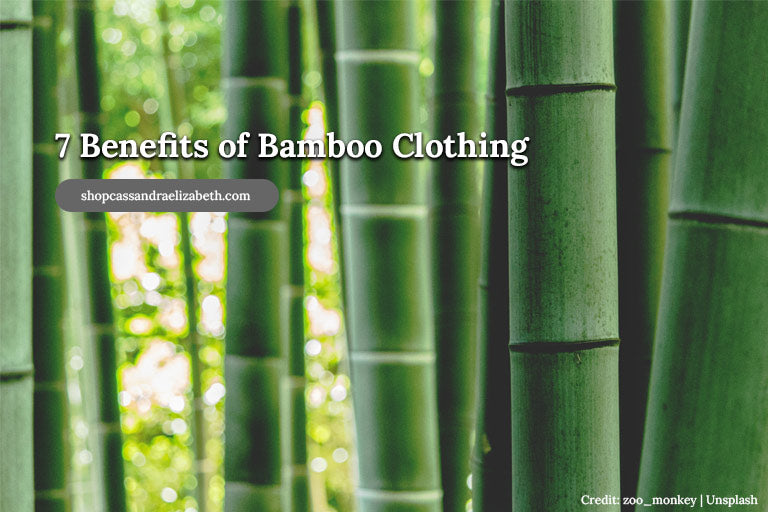Great Facts To Deciding On Hemp Clothing
Wiki Article
Why Is Hemp Stronger, More Durable, And Bi-Degradable Than Cotton?
Hemp is more biodegradable than cotton, and is also thought to be durable. This is due to the inherent properties of hemp and how it is cultivated. Here's why- Biodegradability-
Natural Fibers - Hemp's fibers are biodegradable. Fabrics and clothes made of hemp are broken down with time. The resulting waste is returned to the earth with no lasting effects. The process of decomposing synthetic fibers, such as polyester, can take hundreds of years.
Hemp textiles are not likely to contain chemical treatments or additives that can inhibit biodegradability. Contrary to cotton textiles which may have chemical compounds made from synthetic materials (such as finishers or dyes) that can inhibit biodegradation, hemp fibers do not.
Durability-
Hemp fibers are known for their strength and durability. Hemp textiles and clothing are more durable to wear than cotton, making them last longer. Hemp clothing is durable and washable more times before they show indications of wear.
less prone to Pilling- Hemp fabrics are less prone to pilling (the formation of tiny, fuzzy balls on the surface of the fabric) as compared to cotton. This contributes to their durability and high-quality.
Regenerative Agriculture-
Soil Health Hemp cultivation can be regenerative if it is done in a sustainable manner. Hemp has a deep root system that helps stop soil erosion and compaction as well as increase soil health by aerating soil and encouraging the activity of microbial. Regenerative properties could make the land more suited to future crops.
Low environmental impact - Sustainable hemp farming methods make use of fewer herbicides and pesticides that reduce the damage to the environment. In contrast, traditional cotton farming could cause soil degradation and water pollution due to its reliance on synthetic chemicals.
Water Efficiency-
Hemp generally requires less cotton to thrive. Because of its drought resistance it is able to be grown without much or no irrigation. This makes it a great choice for areas with scarce water resources.
Hemp can be integrated into crop rotations, which can improve soil health and reduces the risk of disease and soil depletion. Crop rotation is less common in conventional cotton farming.
Hemp has plenty of potential. It can be used to create a variety of items, including paper, clothing construction materials, textiles. This versatility implies that hemp cultivation could support various industries with sustainable and regenerative methods.
It's important that you know that hemp is a great product, but it can also be unsustainable, depending on your farming and processing practices. Selecting hemp products made with ethical and eco-friendly methods can increase its environmental benefits. Selecting organic cotton products can also reduce the environmental problems that are associated with traditional cotton production. View the best her latest blog on hemp clothes for blog recommendations including hemp jeans mens, hemp coat, women's all seasons hemp canvas bomber hoody jacket, hemp jeans, hemp golf shirts, hemp tees, patagonia island hemp pants, hemp fabric clothing, hemp yoga clothes, hemp shirts and more.

What Makes Hemp Clothing Superior In Terms Of Functionality And Design Than Traditional Fibres.
Hemp clothing is a sustainable alternative that has many practical and technical benefits over traditional fibers. Here are some of the ways hemp clothing sets itself apart as a sustainable high-performance, high-performance product for moisture wicking and breathability.
Hemp fibers draw moisture away from your body, keeping you dry and cool in hot temperatures. They help keep you cool and dry, and prevent bacterial growth.
Temperature Regulation
The hemp fabric is extremely thermoregulatory. It will keep you warm in cool temperatures by capturing warmth close to your body. It also helps keep you cool during hot weather by allowing heat and moisture to go away. The natural way to regulate temperature can help reduce the requirement for frequent changes in clothing.
Durability and Longevity
Hemp fibres are known for toughness. Hemp clothing tends to be stronger and resistant to wear and durable than some traditional fibers. Hemp garments are robust, which means they will last longer and lessen the need for replacements, and consequently, reduce their impact on the environment.
UV Protection
Hemp fibers protect the skin by blocking harmful UV radiations. This benefit is especially useful for outdoor sports and activities.
Biodegradability:
Hemp clothing breaks down over time. The impact on the environment of textiles is diminished by this characteristic, in contrast synthetic fibers that can stay in landfills over long periods of time.
Low Environmental Impact
Hemp production typically requires the least amount of synthetic pesticides and herbicides in comparison to cotton. The hemp plant uses less water and therefore is a better choice for the environmental. This green aspect is further enhanced through organic farming.
Carbon Sequestration
Hemp plants can absorb carbon dioxide from the air during their growth. Hemp cultivation is a carbon dioxide sink and reduces greenhouse gas levels.
Sustainable Crop Rotation
Hemp is easily integrated into crop rotation systems to enhance overall soil health. It also reduces the chance of soil depletion or the accumulation of disease. This sustainable farming method is the result of this sustainable farming.
Versatility:
Combining hemp fibers with other natural materials like organic cotton and recycled polyester can create high-performance, eco-friendly fabric blends. This versatility lets textiles be innovative and sustainable.
Low Toxicity
Hemp is naturally low in harmful substances and doesn't require extensive processing with chemicals to make it, thus reducing the environmental impact.
In addition to hemp's many practical and environmentally friendly benefits, it is important to be aware that the sustainability of clothing may also be affected by factors like dyeing techniques transport, ethical labor practices. Consumers who want to make eco-friendly choices should select clothing brands that make use of hemp and other sustainable fibres and place a high value on transparency and ethical manufacturing practices. Read the best from this source on hemp clothing for website examples including hemp shorts, patagonia island hemp pants, hemp pants womens, wholesale hemp fabric, patagonia iron forge jacket, women's all seasons hemp canvas bomber hoody jacket, hemp work pants, hemp denim, hemp boxer shorts, mens hemp trousers and more.

What Are The Benefits Of Wearing Bamboo Clothes For Comfort And The Environment.
Bamboo clothing is a great choice for comfort as well as the environment.
Bamboo fabric is famous for its softness. It has a silky smooth texture that feels great against your skin. A majority of people find bamboo clothes to be soft and luxurious, making it a popular option for intimate clothing as well as loungewear and activewear.
Bamboo fibers breathe well and absorb moisture. Micro-gaps permit air circulation, which helps keep you cool in hot weather. Moisture wicking assists in drawing sweat away from the skin.
Bamboo clothing has great thermoregulatory properties. It will keep you warm in colder weather by keeping the heat near to your skin. It can also help you to keep cool in hot weather because it allows excess heat and moisture escape. Bamboo clothing is appropriate to wear all year round because it can adapt to different temperatures.
Bamboo fabric is hypoallergenic. It is hypoallergenic and soft on sensitive skin. Bamboo fabric is less likely to cause irritation on the skin or allergic reactions.
Bamboo fibers contain natural antimicrobial properties that prevent the spread and growth of bacteria which causes odor. This is a factor that helps bamboo clothes remaining fresh even when it is worn during physical activity.
Environment-
Sustainability- The bamboo plant is a sustainable and renewable resource. Bamboo is among the fastest-growing plants in the world. It requires a minimum amount of water to grow and requires no pesticides. Bamboo can be harvested without killing the plant as it grows from its root system.
Bamboo is a water-efficient plant that is water-efficient. It can thrive on minimal irrigation. Rainwater is often enough to allow it to grow.
Biodegradability. Bamboo clothes are biodegradable. They naturally decompose over time. This property reduces the accumulation of non-biodegradable textile waste in landfills.
Carbon Sequestration Bamboo plants are able to absorb carbon dioxide (CO2) in the course of rapid growth. Bamboo farming is a great way to reduce greenhouse gas emissions and act as a source of carbon.
Chemical Reduction. The production of Bamboo Fabric usually requires fewer treatments and steps in processing in comparison to other fabrics.
Closed-Loop Manufacturing- Certain manufacturing methods for bamboo fabrics employ closed-loop manufacturing, which recycles and reuses water and chemicals to minimize the waste and environmental impact.
Be aware that the effects of bamboo clothes on the environment could vary based on the type of manufacturing process used, and if bamboo was sourced responsibly and sustainably from the bamboo forest. For the best environmental results, shoppers should choose bamboo clothes made using eco-friendly and ethical practices. Take a look at the top bamboo clothes recommendations for site tips including bamboo mens shirts, bamboo tee shirts women, short sleeve bamboo pajamas, bamboo cotton t shirts, bamboo apparel wholesale, bamboo pants, mens boxer shorts bamboo, bamboo pants womens, bamboo dress socks, bamboo pants mens and more.
